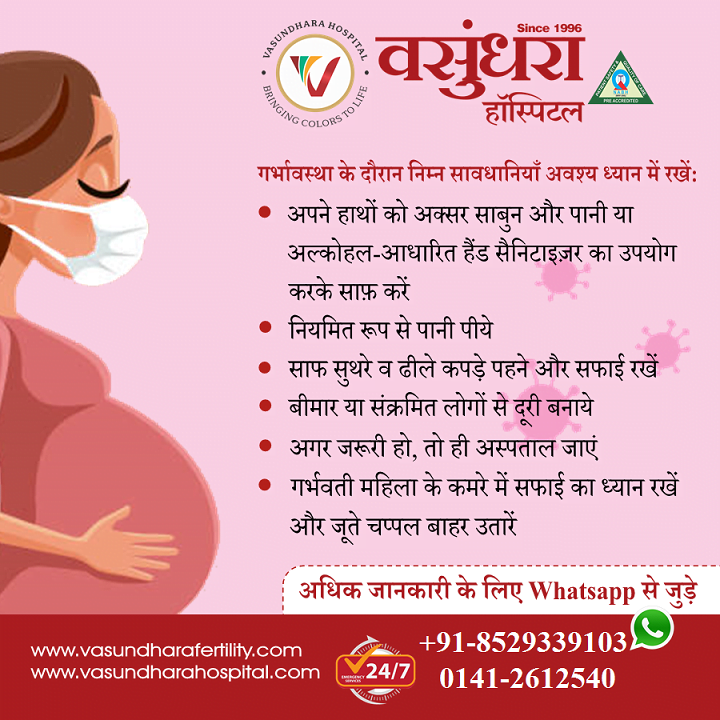The incidence of infertility is much more than most people realize. An estimated 10 percent to 15 percent of couples trying to conceive will have difficulty doing so.
What is infertility and when to see your doctor??
Infertility is the inability to conceive after:
- 1 year of unprotected intercourse when the woman is 35 years old or younger.
- For women over 35, this timeframe is 6 months
- For women close to 40, the timeframe is 3 months.
Once you have crossed this timeframe, it is better seek to advise from an infertility specialist.
The exception to this is if a woman has any of the following:
- Irregular periods (or none at all), or extremely painful periods.
- Two or more miscarriages.
- Previous ectopic pregnancy.
- A history of pelvic surgery.
- A diagnosis of endometriosis or other another complex ovarian cyst/ tumor.
- A history of systemic illness or previous history of tuberculosis (PID)
In any of these conditions, you should seek a consultationfrom a fertility specialist right away.
Once a couple decides to seek professional advice or help, it is prudent to see a gynaecologist who specializes in fertility management and hormone disorders. Also, it is a wise idea to see a fertility specialist before actually planning a pregnancy for what is called as ‘PRECONCEPTIONAL COUNSELLING AND MANAGEMENT’ Pre-conception advice/ management
History: Pre-existing medical problems:
- Stabilize medical conditions, if any, like thyroid disorders, hypertension, diabetes or prediabetes, epilepsy, etc. and ensure that medical control is optimal.
- Check that drugs needed are safe for use in pregnancy and do not affect sperm function.
Weight
- Check BMI The formula is BMI = kg/m2 where kg is a person’s weight in kilograms and m2 is their height in meters squared.
- Advise on weight gain or loss where BMI is <18.9 or >24.9 respectively.
Folic Acid
- Women who are trying to conceive should take folic acid supplements (400 mcg) daily to reduce the risk of neural tube defects. Women with a history of neural tube defect or epilepsy should take 5 mg daily.
Diet:
- Dietary modification is good for weight management as well as detoxification.
Recreational Drugs
- Advise both partners to stop using recreational drugs.
Caffeinated Drinks:
- Caffeine intake more than two cups of coffee daily should be avoided.
Smoking
- Advise both partners to stop smoking
Virology Screening
- Screen for rubella immunity and offer immunization to those not immune. to those not immune.
Prenatal Diagnosis
- Tell older women about options for prenatal diagnosis and the need for early referral for IVF in Jaipur
Blood Tests
- Before trying to get pregnant, your fertility doctor may ask you to get few blood tests done like thyroid and diabetes screening, tests for ovarian reserve(capacity of woman’s body to produce eggs) and manage accordingly.
Timing of Intercourse
- Check couple’s understanding of ovulatory cycle and relate most fertile days to the length of woman’s cycle
- Advise that intercourse occurs regularly. Two to three times a week should cover the most fertile time.
Blood Tests
- Few blood tests including thyroid screening, diabetes/ prediabetes
- screening, checking ovarian reserve(the ability of the body to produce eggs) are also required in some cases.





